Our Call for Papers has now closed
Formats
Submissions aligned to the conference theme are welcomed for
- Paper presentations which can be academic papers, practical case studies or comment on current energy policy, economics or finance issues
- ‘Dialogue’ sessions. A new, interactive format which allows for broader discussion of energy economics and policy issues.
- ‘Student Pitches’ for PhD and MSc students
Selection criteria will be a combination of quality, originality, relevance to the conference theme and for an audience of both practitioners and academics.
Please note that presentations are intended to facilitate the sharing of professional and academic experiences and lessons learned and not to advertise proprietary products or services. Equally an academic paper that is too narrowly focused on improving the academic tools of energy economics, without showing how they might be applied to real-world issues, is less likely to appeal to the committee than one which goes on to address a practical question. It is important, however, that all papers are based on an robust analysis.
Further guidance is available here What makes a good BIEE abstract
Paper Presentations
What is a paper presentation ?
A standard presentation, normally in PowerPoint format, on one topic in a 90 minute session comprising 3 papers. Each presenter has 20 minutes presentation time with 10 minutes for Q&A
The abstract should briefly describe the research or case study to be presented. It should be no more than a single page (at least 400 words but no more than 600) and include
- Overview of the topic including its background and potential significance
- Brief explanation of the relevance of the topic to the themes of the conference
- Methodology: how the matter was addressed and what techniques were used
- Results: Key and ancillary findings
- Conclusions : lessons learned, implications, next steps
- References
- Keyword set
Dialogue Sessions
Delegate feedback has consistently called for more time for discussion and debate. The conference in 2016 introduced Dialogue Sessions and they were very popular so they are included again for 2018.
What is a Dialogue Session ?
A ‘Dialogue’ session is a form of roundtable discussion session that allows for a broader discussion of energy economic and policy issues. Each 90 minute session will be organised around a provocative question, such as ‘Can gas provide a bridge to a low carbon future?’ Sessions will begin with 3 to 5 panellists providing a five-minute commentary on that question (without slides). This will be followed by Q&A, discussion and debate from the floor and the session will end with a brief summing up from each of the panellists (10 mins total).
Proposals for these sessions should
- Include both the theme to be discussed and proposals for the panel members to contribute. Panel members should be selected to represent a range of viewpoints and industry sectors. Panel member suggestions are not binding but the proposer should have some confidence that nominated panel members are willing and able to participate. The conference committee reserves the right to propose additional or alternative panel members if required.
- Themes should be: a) relevant to the overall theme of the conference; b) relevant to topical economic, policy or academic debates; and c) preferably provocative and likely to stimulate debate.
Panellists are not required to submit written papers/articles for publication but may do so if wished, provided the paper relates to the theme of the Dialogue session. Papers or articles can be submitted on an individual or group basis and must be received by August 31st.
Please note, dialogue panellists (like paper presenters) must register to attend the conference for at least the day on which their session takes place.
Student Pitch
PhD and MSc students and are invited to submit an abstract for consideration either as a full paper (as above) or for a short ‘student pitch’ in the student collaboration and networking event at the end of the first day of the conference. Students should select the ‘Paper’ format type if they wish their abstract to be considered for full paper presentation. All student abstracts submitted for full paper presentation will automatically be considered for student pitch presentation if they are not accepted as papers.
What is a student pitch ?
A ‘student pitch’ will consist of a short presentation of the student’s research topic, and the series of pitches will be followed by themed discussions with other students and established academics.
A pitch will last 3 minutes and should comprise 1 title slide and 1 presentation slide. This is a (slightly extended) version of the well-known ‘elevator pitch’, aiming to interest others in the problem you are addressing, the approach being taken (and the emerging results, for those nearing the end of their studies). Experienced academics will act as facilitators for the session and conference attendees will also be invited to attend and take part in group discussions afterwards. Students are welcome to bring posters or other materials to display in the room.
Students should select the ‘Student Pitch’ format type if they want their abstract to be considered for ‘Student Pitch’ presentation only. Students submitting abstracts for this format may write an abstract of approx. 200 words. The abstract should outline their PhD topic (or the aspect of their topic they will talk about). Selection criteria will be a combination of quality, originality, and relevance to the conference theme.
Students whose abstracts are accepted either for full paper or ‘Student pitch’ presentation will have priority for the limited number of discounted student places at the conference and be entitled to some assistance with travel costs. Students should confirm that their student status when submitting their abstract, so they can be identified as eligible for a discounted place. Students must also be BIEE student members to qualify for these discounts and travel assistance. BIEE student membership costs £10 and students can join here
Parallel Session Topics
Consumers at the Heart of the Energy System? ( the question mark is deliberate)
- Consumers and the networks: demand side response and aggregators; heavy industry as large consumers; role of storage; paying for networks; transmission; network balancing and frequency response; pricing, markets and regulation; consumer policy; renewable heat; energy and communities; prosumer
- Consumer energy prices: wholesale, transmission and distribution, supply and policy costs; Brexit and the Emissions Trading System
- Consumer opinions: perceptions, trust in suppliers and behaviour;
New Technologies and Services
- Smart energy systems: and components in business and at home: batteries and other storage technologies; metering and displays; smart appliances and controls
- Energy efficiency: technology; behaviour; regulation; skills; finance; standards (including post-Brexit); rebound
- Heat technologies and fuels: district heating; heat pumps; bioenergy; hydrogen; consumer perceptions and implications; gas demand; infrastructure; business models; new consumer services
- Transport: infrastructure and EV rate of deployment; oil demand; other fuels – hydrogen, biofuels, CNG; business models; new consumer services
Impacts and Implications of a Consumer-Centred Energy System
- Industry response to engaged consumers: business models, innovation and disruption; the future of electricity incumbents and fossil fuel providers; industrial policy and strategy; experience from other sectors; experience from other countries
- Energy use and distributional issues: fuel poverty; phasing out subsidies; winners/losers; energy access; community energy
- Big data: data protection and privacy – who benefits? Control by consumers, supply companies or automation?
- The consumer and international affairs: role in deep decarbonisation, the SDGs and global energy markets
The list is not exhaustive.

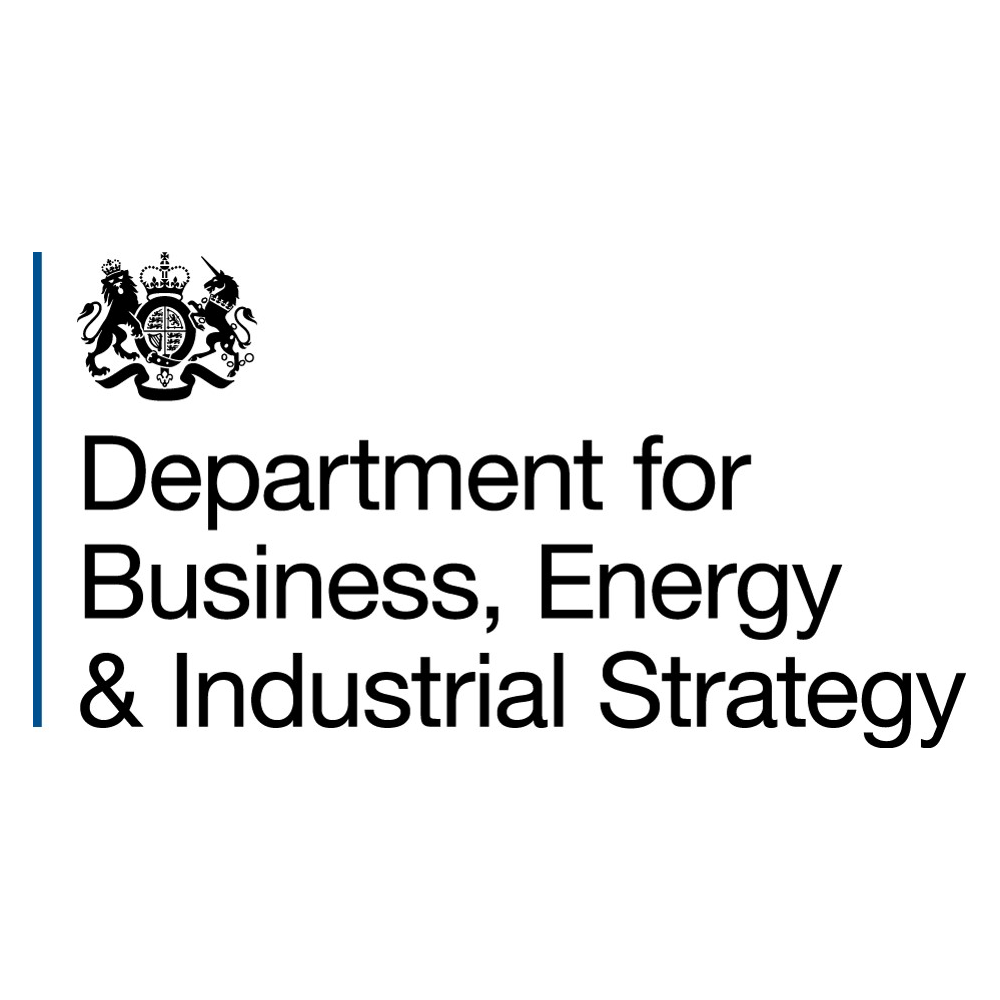
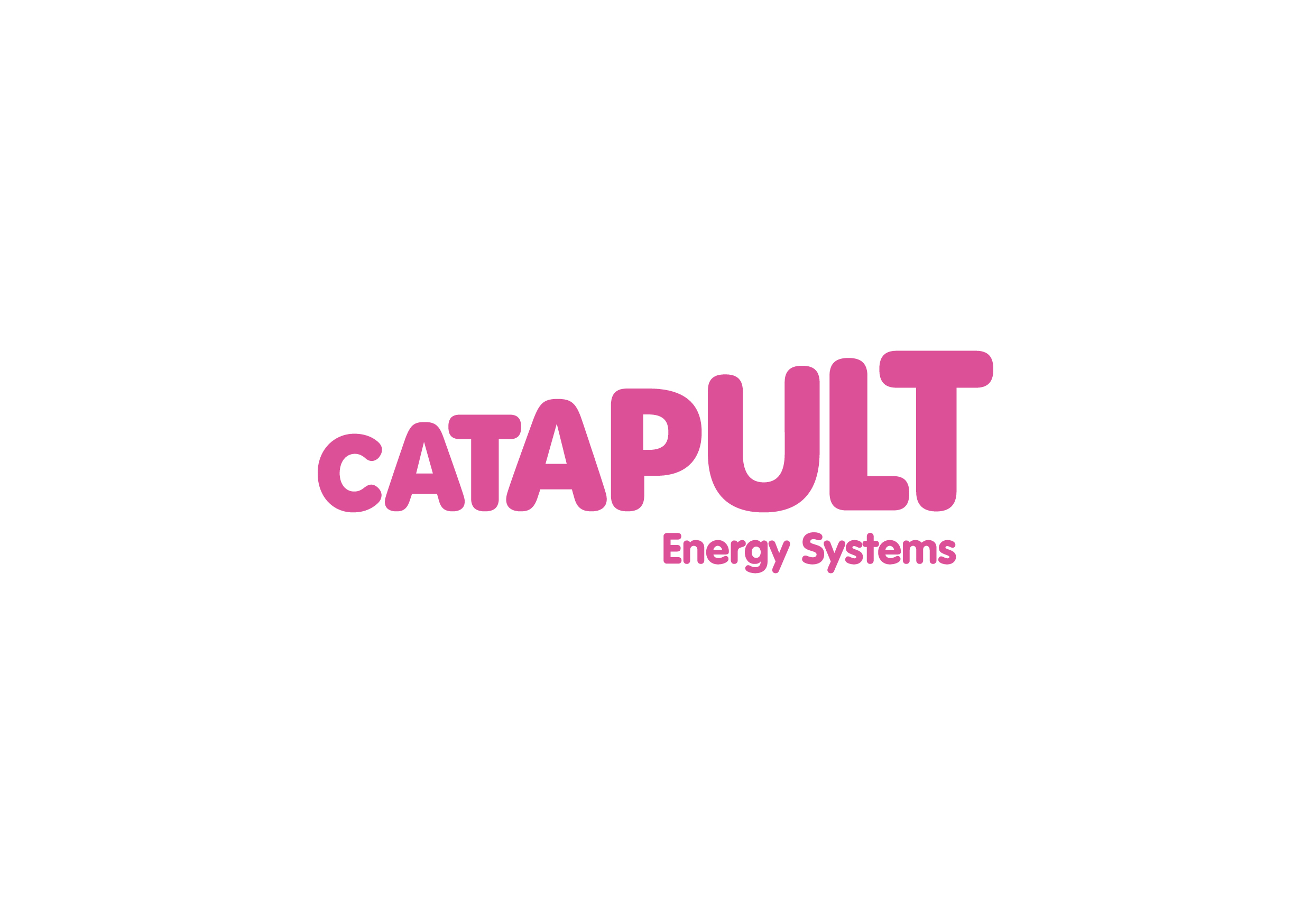
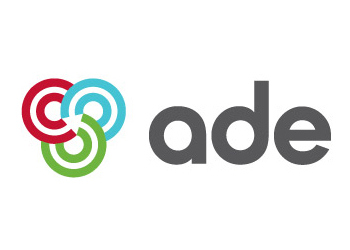
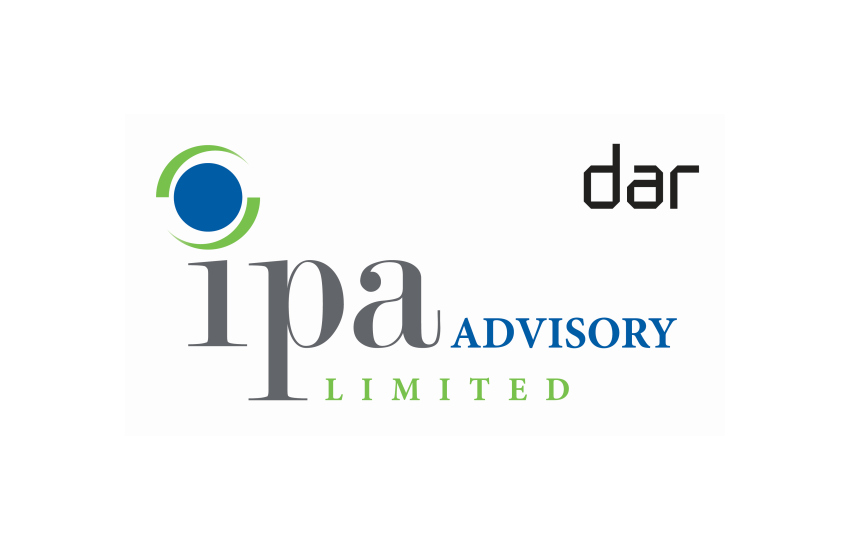


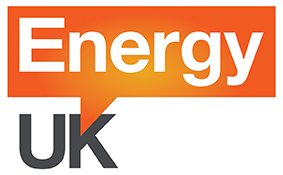

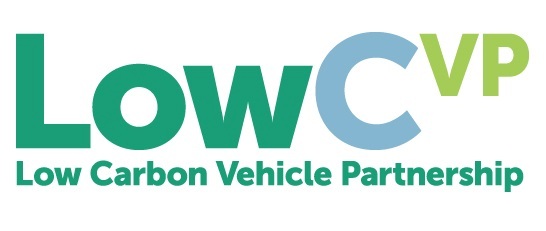



Post your comments and questions for the speakers here